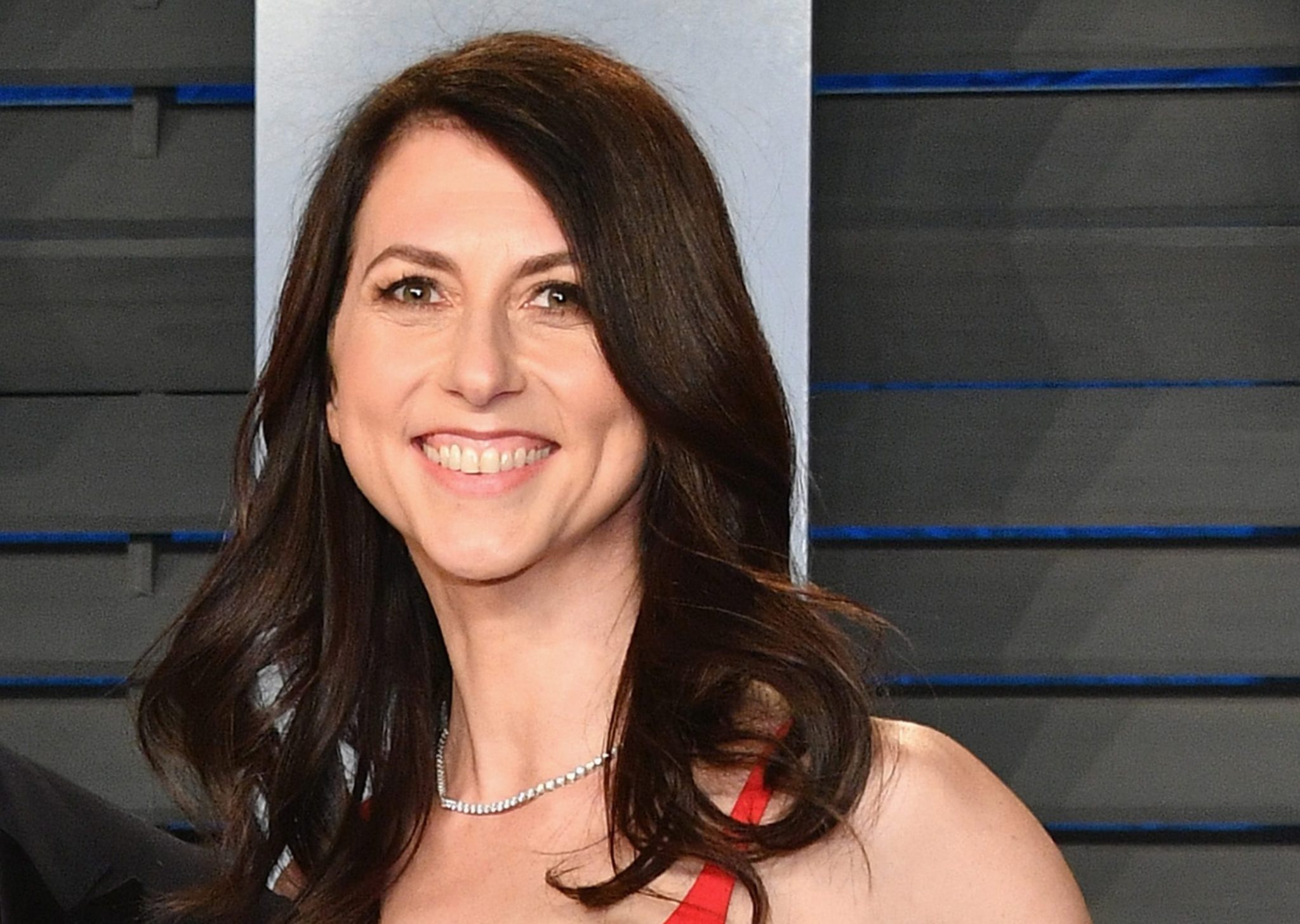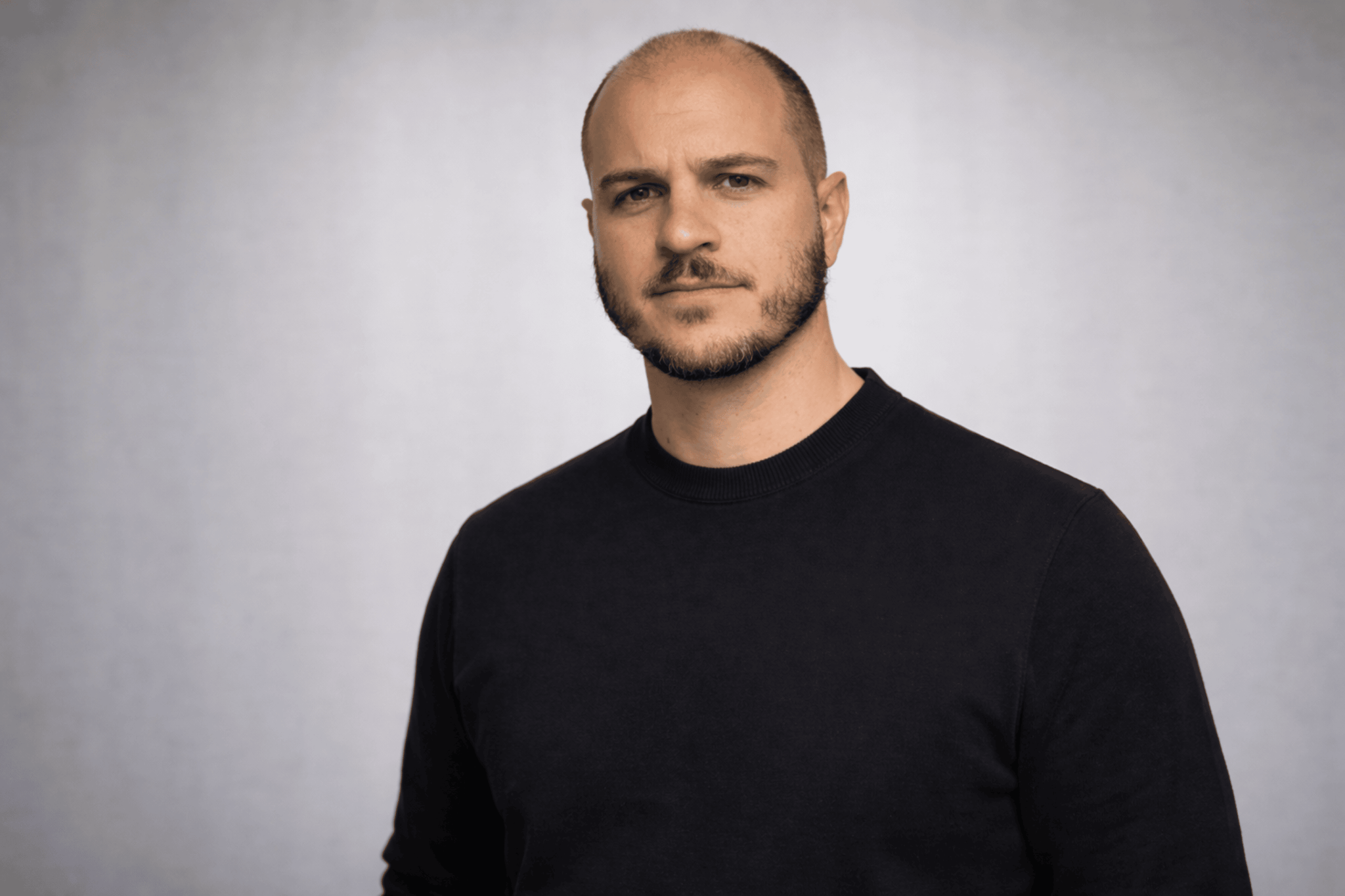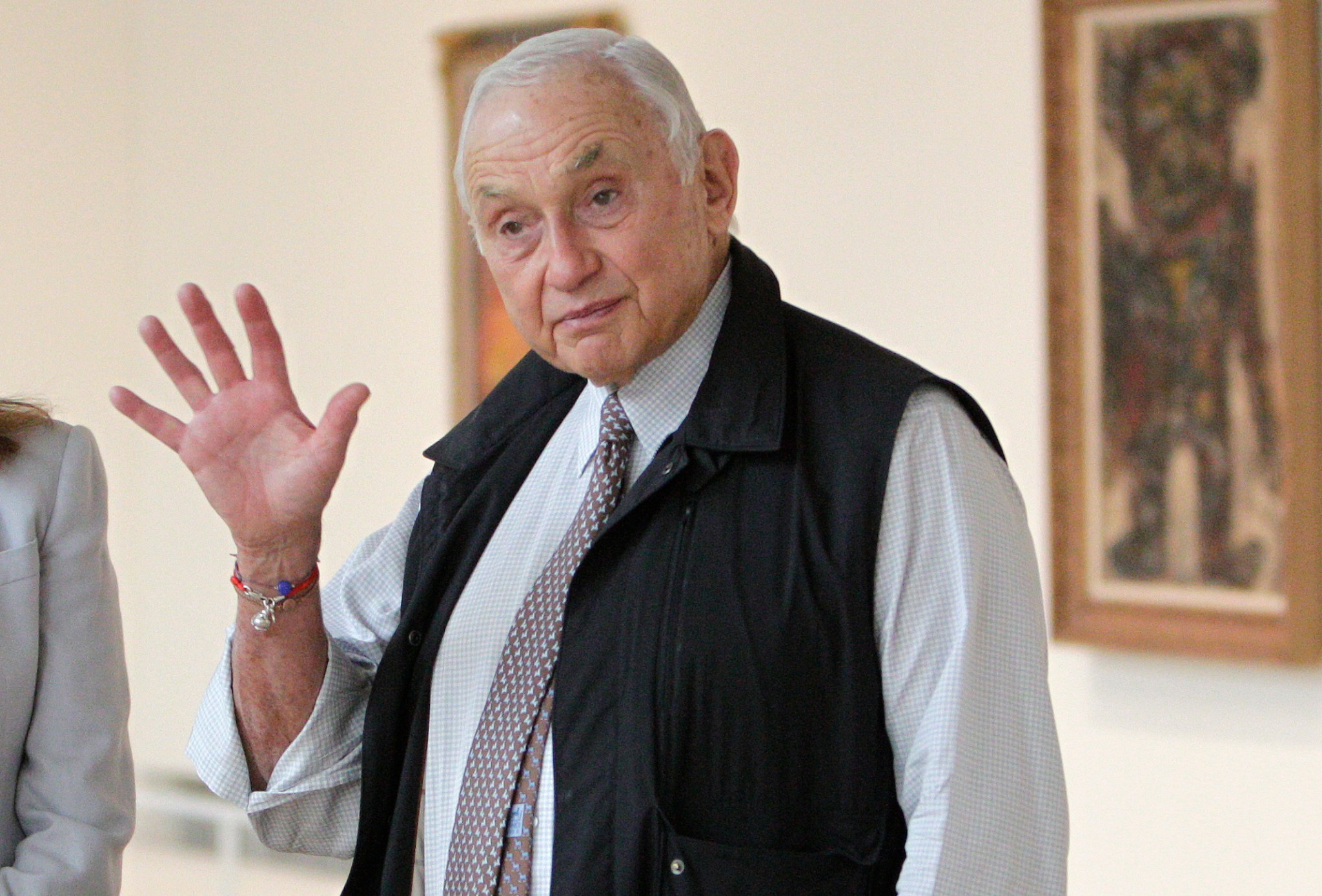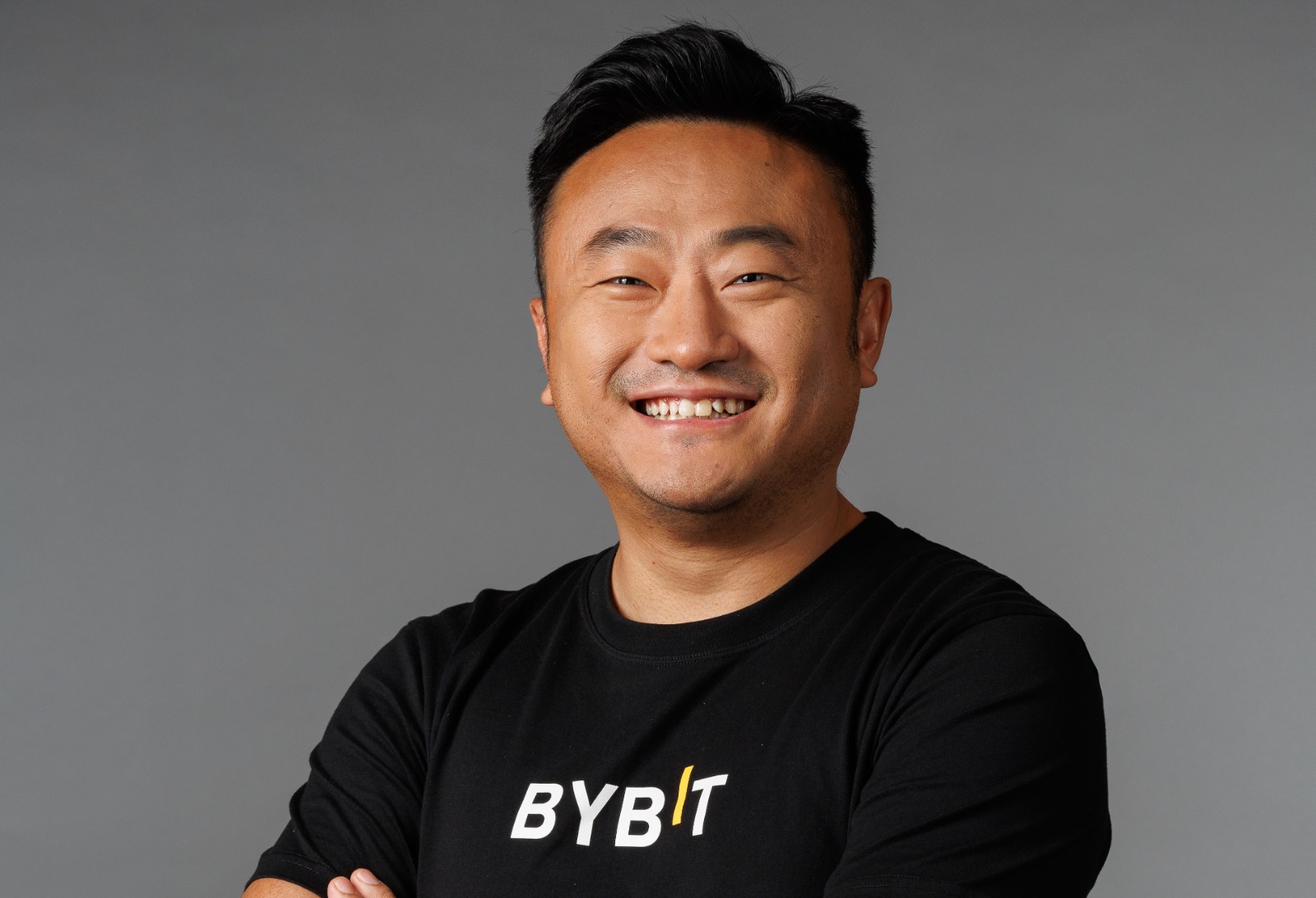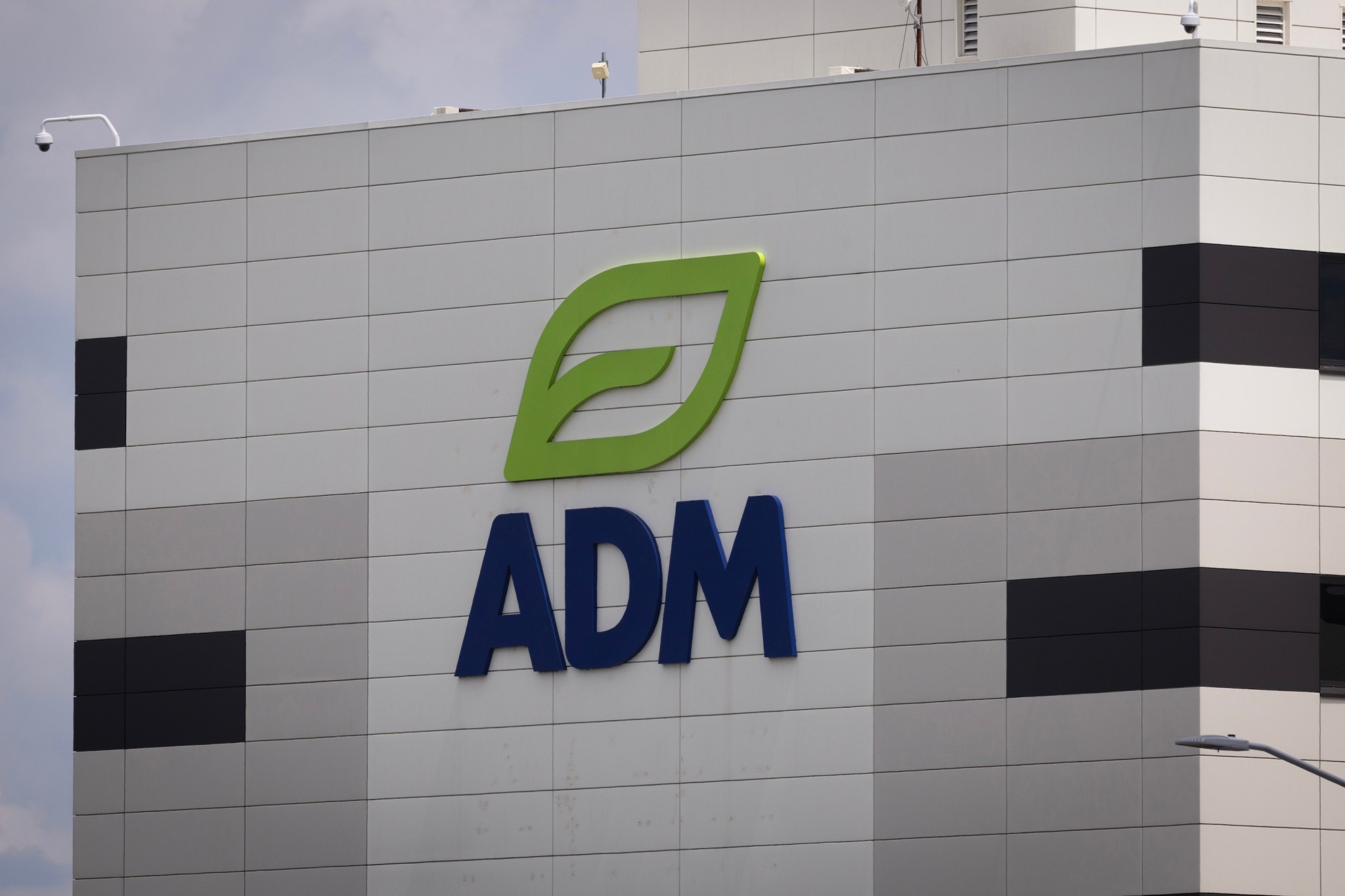
Good morning, it’s Crypto Editor Jeff Roberts pinch-hitting for Allie. Over the course of my career, I’ve written many stories along the lines of “Buzzy new startup raises $50 million.” Imagine my surprise then when I learned that, in recent years, those splashy headline numbers are not always what they seem. In a growing number of deals, it turns out, a chunk of the money raised doesn’t go to the startup, but instead into the pockets of the founder.
That was the case with crypto payments firm Mesh, which announced an $82 million Series B this year that included a $20 million payout to its founder. Ditto with the blockchain social network firm Farcaster, which raised an eye-popping $150 million Series A, but saw its CEO carve off at least $15 million of that. You can read about other examples here.
These payouts—which are totally above board—take place by means of secondary sales that involve venture firms purchasing some of the founder’s personal stock during a round. In VC-speak, the practice is called “taking some off the table” and it’s common during frothy markets. During the crypto boom that tailed off in 2021, for instance, the founders of firms like OpenSea and MoonPay collected eight-figure payouts.
VC firms and founders, unsurprisingly, are not eager to talk about the practice. After all, cashing in early clashes with the Silicon Valley ideal of the founder who would never dream of selling their stock because they are so sure their startup is going all the way. It’s not unusual for founders to sell some shares at a later stage “so they don’t have to worry about the mortgage,” in the words of one VC, but an eight-figure Series A or B payday—well before it’s clear a startup will succeed—feels different.
When I spoke with investors from small firms, they blamed large crypto VC firms for dangling sweetheart secondary arrangements in order to be the lead on a deal. A person at one of those large firms, in turn, blamed generalist firms charging into the crypto market for the proliferation of these arrangements.
My reporting focused on crypto deals, but it’s a safe bet that founders in other hot sectors like AI are also “taking some off the table” in early rounds. The question is whether this matters.
Venture investors told me that many crypto founders are rich already, so a big Series A payout is unlikely to undermine the incentive they have to build their company. They also claimed they’ve seen no evidence that a founder who hits an early jackpot will grind less hard than one who hasn’t. And, after all, the nature of venture is that most bets don’t work out so does it matter if one portion of a losing bet on a portfolio company went to a founder?
Still, there is an ick factor. Most Americans don’t begrudge Mark Zuckerberg or Jeff Bezos for being obscenely wealthy since, well, they built awesome companies used by everyone. But do they feel the same about a crypto founder who gets filthy rich without building anything of note? The situation is also awkward since, as one female founder wrote me, these early stage payouts may reflect a vote of confidence in men that is not always extended to women.
Venture capital, of course, is hardly the only realm where people can get very rich without accomplishing much. In the sports world, my poor Toronto Blue Jays—reeling from a brutal Game 7 loss to the Dodgers—paid $27 million this year to slugger Anthony Santander only to see him post negative returns (WAR in baseball terms). That’s just how it goes.
And while it’s tempting to raise eyebrows against overpaid startup founders, how many of us would act any differently? If someone offered me $15 million to write columns about venture capital and nobody read them, I don’t know if I’d feel bad. What I do know is that, when the current boom time ends, VCs will rue some of the big checks they wrote to unproven founders. And then they will do it all over again during the next hot market.
Jeff John Roberts
X: @jeffjohnroberts
Email: jeff.roberts@fortune.com
Submit a deal for the Term Sheet newsletter here.
Joey Abrams curated the deals section of today’s newsletter. Subscribe here.
VENTURE DEALS
– Reevo, a Santa Clara, Calif.-based AI-powered revenue operating system, raised $80 million in funding. Khosla Ventures and Kleiner Perkins led the round.
– Upway, a Los Angeles, Calif. and Brooklyn, N.Y.-based refurbished e-bike company, raised $60 million in Series C funding. A.P. Moller led the round and was joined by Galvanize, Ora Global, and others.
– Inception, a Palo Alto, Calif.-based platform for developing AI models, raised $50 million in funding. Menlo Ventures led the round and was joined by Mayfield, Innovation Endeavors, NVentures, and others.
– DeepJudge, a Zurich, Switzerland-based company developing search engines for law firms, raised $41.2 million in Series A funding. Felicis led the round and was joined by Coatue.
– Daylight, a Tel Aviv, Israel-based agentic AI-powered managed security services company, raised $33 million in Series A funding. Craft Ventures led the round and was joined by Bain Capital Ventures, Maple VC, and others.
– Procurement Sciences, a Washington, D.C.-based AI-powered platform designed to automate the processes for businesses to secure and fulfill government contracts, raised $30 million in Series B funding. Catalyst Investors led the round and was joined by others.
– DualBird, a Westborough, Mass.-based data infrastructure company, raised $25 million in combined seed and Series A funding. Lightspeed Venture Partners led the round and was joined by Bessemer Venture Partners, Angular Ventures, and Uncork Capital.
– Parable, a Brooklyn, N.Y.-based intelligence layer for enterprise operations, raised $16.5 million in seed funding. HOF Capital led the round and was joined by Story Ventures, InMotion Ventures, and others.
– Evotrex, a Los Angeles, Calif.-based smart, power-generating RV company, raised $16 million in pre-Series A funding from Unity Ventures, Kylinhall Partners, and others.
– Ridepanda, a San Francisco-based company providing e-bikes as an employer sponsored benefit, raised $12.6 million in funding from Bikeleasing Group, Blackhorn Ventures, Yamaha Motor Ventures, and others.
– Fintary, a San Francisco-based AI-powered revenue growth platform, raised $10 million in Series A funding. Infinity Ventures led the round and was joined by Sierra Ventures and others.
– Malanta, a Makabim-Re’ut, Israel-based AI-powered pre-attack prevention platform, raised $10 million in seed funding. Cardumen Capital led the round and was joined by The Group Ventures.
– Tsuga, a Paris, France-based AI-powered observability company, raised $10 million in seed funding. General Catalyst led the round and was joined by Singular.
– Hepta, a Foster City, Calif.-based company using AI and analysis of cell-free DNA to identify chronic disease, raised $6.7 million in seed funding. Felicis Ventures and Illumina Ventures led the round and were joined by SeaX Ventures, Alumni Ventures, and AME Cloud Ventures.
– Freeda, a Paris, France-based company using AI to find errors in construction plans, raised €3.4 million ($3.9 million) in funding. Frst led the round and was joined by Brick & Mortar Ventures.
– OneLot, a Manila, Philippines-based financing platform for used car dealers, raised $3.3 million in seed funding. Accion Ventures and 468 Capital led the round and were joined by Everywhere Ventures, Seedstars, and others.
– Planbase, a San Francisco-based AI-powered employee management platform, raised $2.1 million in funding from Y Combinator, LocalGlobe, and angel investors.
PRIVATE EQUITY
– CBRE acquired Pearce Services, a Paso Robles, Calif.-based provider of advanced technical services for digital and power infrastructure, for approximately $1.2 billion in cash.
– Axiom GRC, backed by Inflexion, acquired IS Partners, a Philadelphia, Penn.-based cyber assurance and compliance services company. Financial terms were not disclosed.
– Bid Equity acquired Cuseum, a Boston, Mass.-based provider of visitor and member engagement software for museums and institutions. Financial terms were not disclosed.
– Global Guardian, backed by Align Capital Partners, acquired Solace Global Risk, a Poole, U.K.-based risk management and security services company. Financial terms were not disclosed.
– TPG agreed to acquire a 70% stake in Kinetic, a Melbourne, Australia-based bus and mass transit operator. Financial terms were not disclosed.
FUNDS + FUNDS OF FUNDS
– CMT Digital, a Chicago, Ill.-based venture capital firm, raised $136 million for its fourth fund focused on companies building the infrastructure and applications for cryptocurrency adoption.
– MVP Ventures, a San Francisco-based venture capital firm, raised $125 million for its second fund focused on companies in AI, defense, and frontier tech.
Credit: Source link



